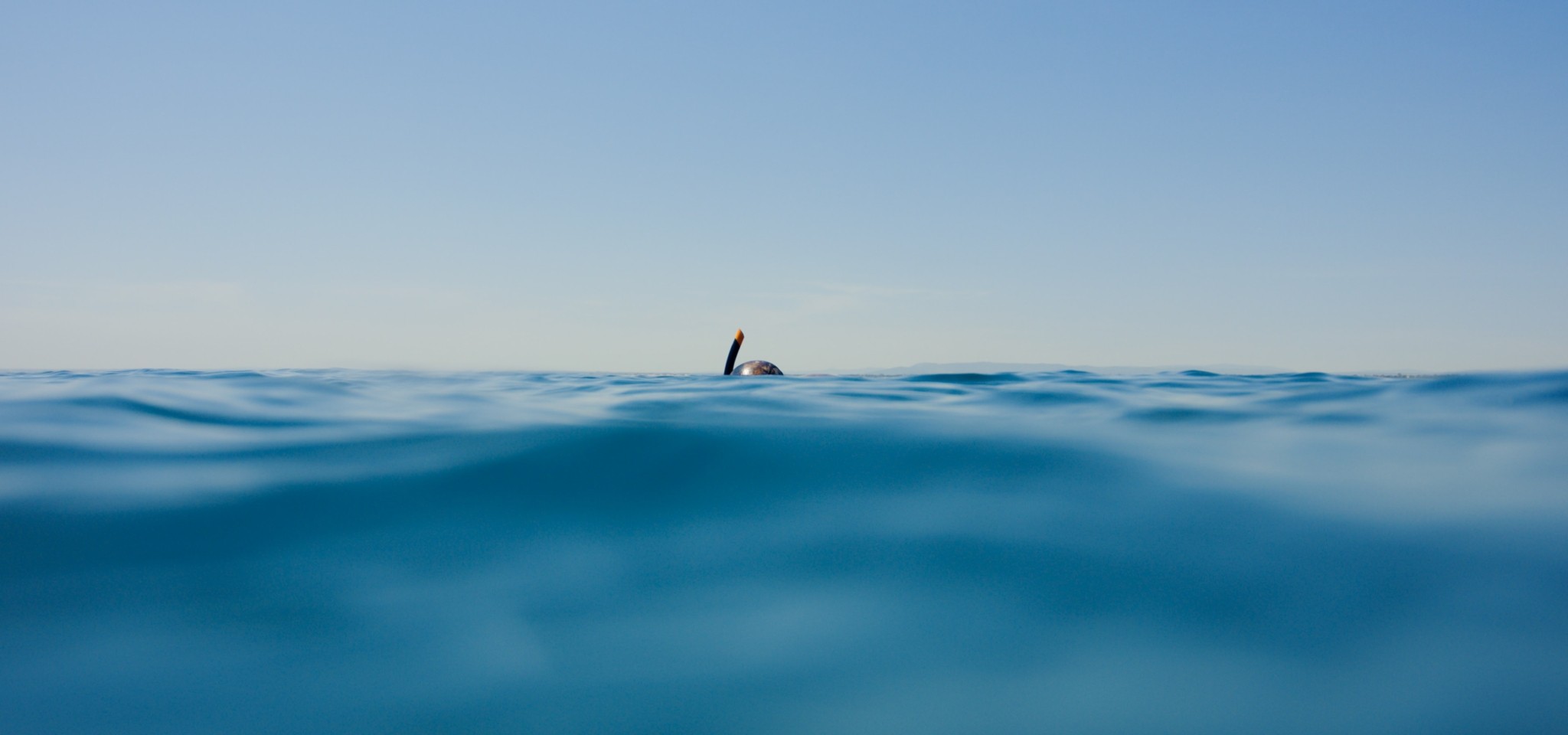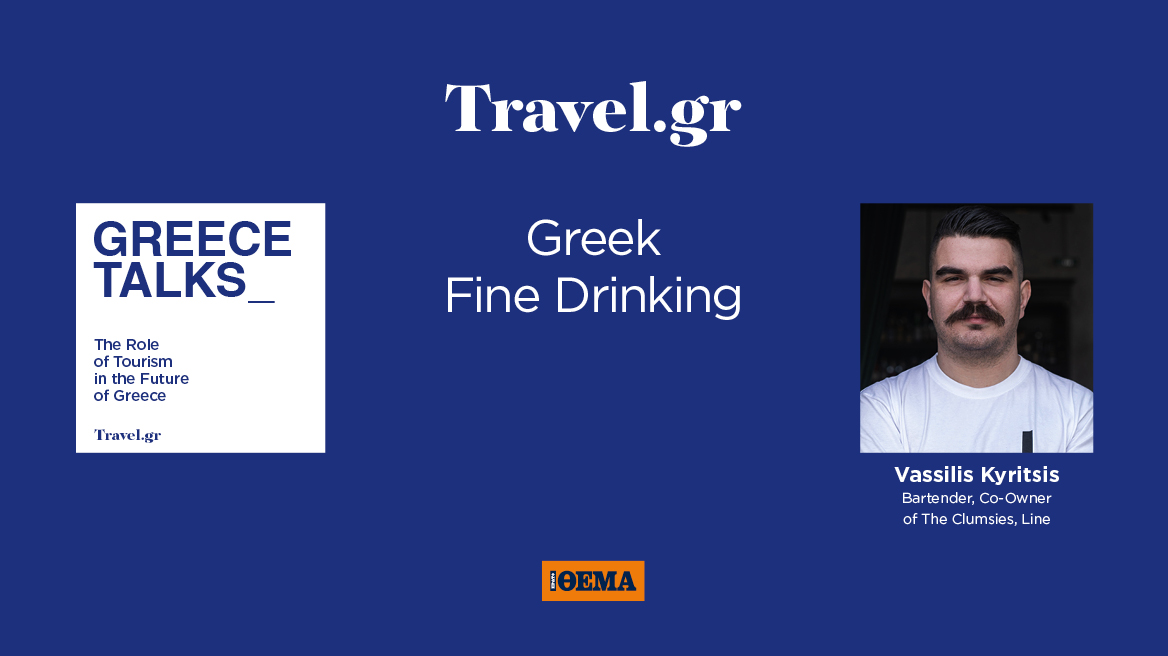The pandemic, as was anticipated, also interrupted growth in the scuba diving sector, one of the most up-and-coming forms of tourism in Greece.
Sector professionals hope the increased tourism inflow expected this summer will improve the scuba diving sector’s figures, compared to a year earlier. More than 290 diving centres, all fully licensed in compliance with Greek law, now operate in Greece, while many are also being certified for their services in accordance with International ISO Diving Standards.
Scuba diving is considered one of the safest and most organised forms of diving as the training and services offered by diving centres are based on ISO standards.
Also, diving centres observe specific Divers Alert Network (DAN) safety and protection regulations concerning the disinfection and storage of equipment, both for their employees and customers.
Scuba diving, observing international guidelines, is generally considered to be a safe activity, despite the pandemic, as reflected by the results, the Greek Diving Centres Association has pointed out. Not a single case of coronavirus transmission has been reported so far.
The scuba diving sector has achieved considerable growth since the ratification of legislation covering the sector in 2005, noted Eleni Siatra, the association’s president.
“Let’s not forget that, at the onset, this market consisted of just 45 licensed diving centres. Naturally, plenty of capacity exists for further growth,” Mrs. Siatra pointed out. “Over 14,000 industry certificates are issued in Greece annually, while the annual figure for individuals trying scuba diving for the very first time is at least double this level,” she added.
200,000 certified divers visit Greece each year
Over 200,000 certified divers, on average, visit Greece each year
“As strange as it may sound, our country possesses one of the most impressive seabeds worldwide. The degree of visibility offered by Greece’s waters, often exceeding 30 metres, as well as good water temperatures, which never fall below 12 degrees Celsius in winter, combined with the impressive underwater formations, shipwrecks, and marine life, can make Greece a leading diving destination worldwide,” Mrs. Siatra remarked.
Also, Athens is unique in the sense that the capital is just 30 to 40 minutes away from the sea and appealing diving locations. Thessaloniki also possesses similar attributes. Both cities could incorporate scuba diving into their city-break destination packages and gain a comparative advantage over other European destinations in this market.
As has become apparent, the diving market has developed considerably since its early days and is now experiencing solid growth. Even so, certain improvements and corrective measures are needed to further reinforce this growth, Mrs. Siatra pointed out.
These efforts need to address a range of issues, including making accessible shipwrecks over 50 years old to divers, establishing archaeological diving spaces, creating artificial reefs using new shipwrecks, and marking out protected areas forbidding fishing activities to enable recreational diving. If settled, these issues will help further improve the country’s diving product.
The establishment of protected areas will help promote marine life, which has diminished considerably. The diving legislation also enables the creation of artificial reefs and scuttling of old ships for wreck diving sites, both vitally important for the sector, especially in areas with less appealing underwater worlds.
The legislation also permits the development of diving parks by private investors whose projects promise to highlight areas as diving destinations.
Kalamata initiative for development of artificial underwater sites
The municipality of Kalamata has begun procedures for the development of artificial underwater sites. The initiative’s main aim is to improve the seabed biodiversity of the Messenian Gulf, off southwest Peloponnese, and also establish the area as an international scuba diving attraction.
More specifically, the plan entails developing at least five artificial underwater sites through scuttling, the deliberate sinking of old ships, and the creation of artificial reefs of various shapes and sizes, all in the Messenian Gulf, close to its east coast, by the foot of Mount Taygetus.
Besides representing an attraction for amateur scuba divers, these prospective diving attractions will also serve as a haven for marine life as a result of their specific positions, whose selection will be based on a study to be conducted by the Hellenic Centre for Marine Research. The points to be developed promise to become attractions both for scientific researchers, for observation and recording of results, as well as amateur marine life enthusiasts.
It should be pointed out that the Ministry of Culture and Sports this year made available 91 ship and aircraft wrecks, dated between the late 19th century to 1970, to the diving community for organised and guided recreational scuba diving purposes.
This year, the Ministry of Culture and Sports gave the impetus for the release and performance of the diving community for organized and guided recreational diving, 91 shipwrecks and airplanes, dating from the late 19th century to 1970.







